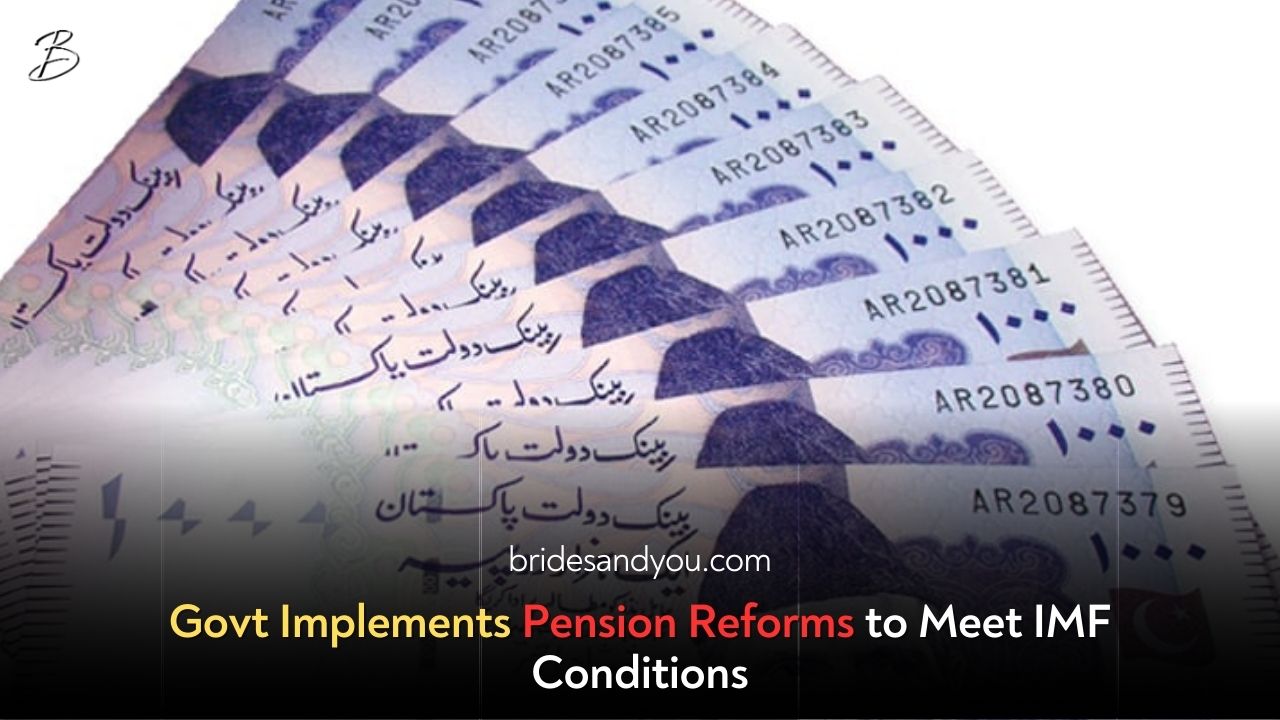Now Reading: Government Pension Reforms: A Landmark Step Towards Financial Stability
-
01
Government Pension Reforms: A Landmark Step Towards Financial Stability
Government Pension Reforms: A Landmark Step Towards Financial Stability

The federal government of Pakistan has introduced transformative reforms to the pension system for government employees, marking a significant milestone in the country’s financial landscape. These reforms, aligned with the International Monetary Fund (IMF) recommendations, are set to streamline the pension system and ensure long-term economic stability.
Key Highlights of the Pension Reforms:
- Ban on Double Pensions: Government officials and employees are now restricted from receiving double pensions, addressing a long-standing issue of fiscal inefficiency.
- Computerisation of Pension Records: With over 300,000 records digitalised, the new system ensures transparency and accuracy by automating pension increments and eliminating manual errors.
- Pension Calculation Reforms: Annual pension increments will now apply only to the first pension, with future pensions calculated based on the last 24 months of service.
- Fiscal Benefits: These changes are projected to save billions annually from the national treasury, redirecting resources towards essential public services.
- Revised Pension Contributions: Public sector employees hired from the next fiscal year onward will contribute to their own pension funds, moving away from state-funded pensions.
Additionally, the Ministry of Finance has implemented recommendations from the 2020 Pay and Pension Commission, ensuring periodic reviews every three years to maintain a balanced system.
Economic Stability Through Initiatives like ‘Uraan Pakistan’
Prime Minister Shehbaz Sharif recently launched the ‘Uraan Pakistan’ programme, emphasizing its importance for national progress. This initiative reflects the government’s commitment to stabilizing the economy and promoting sustainable growth.











